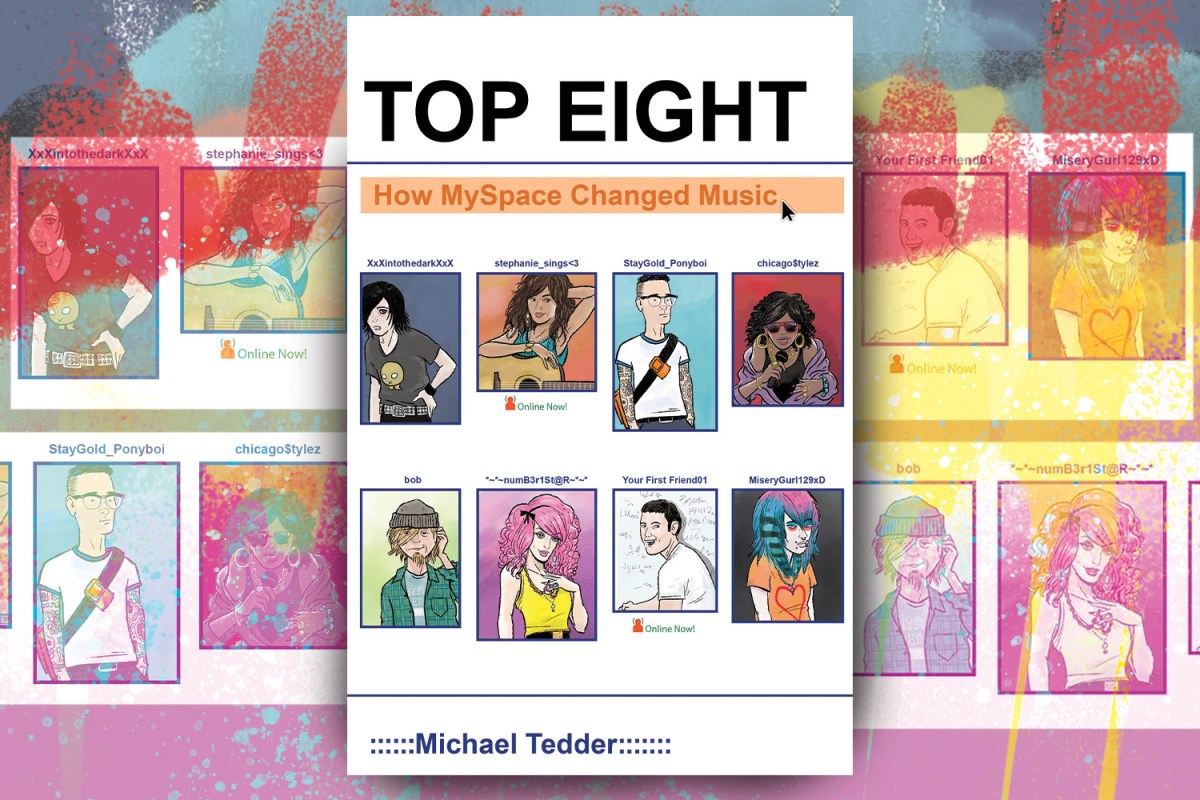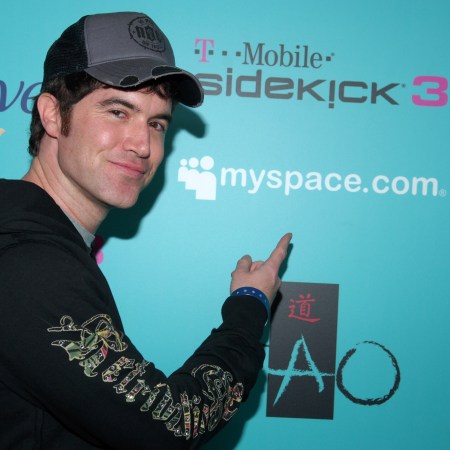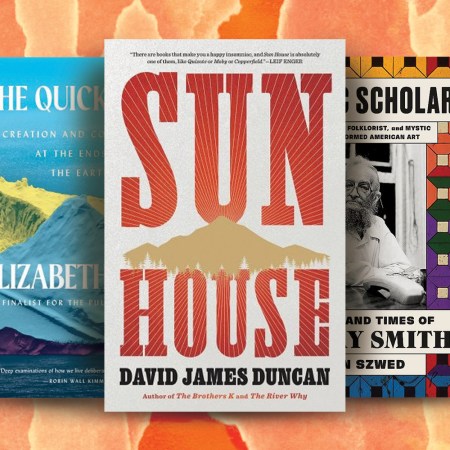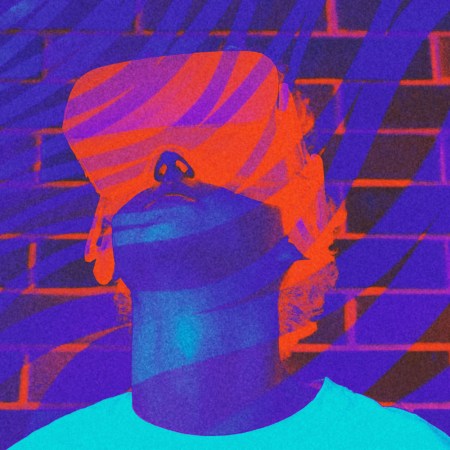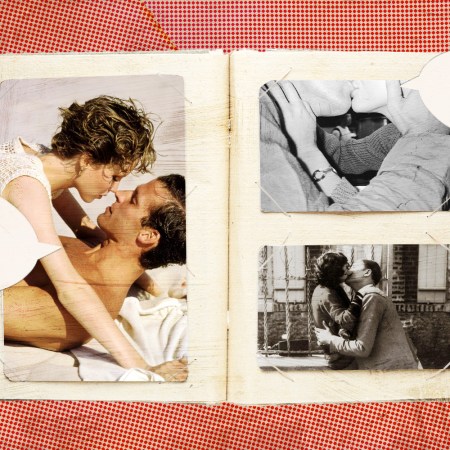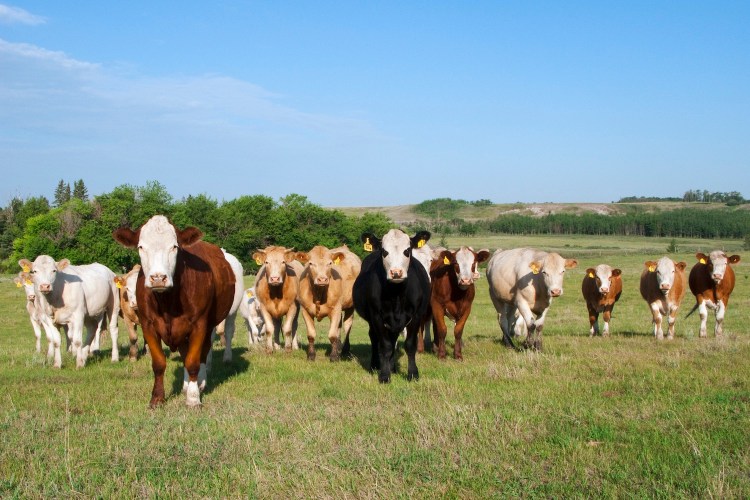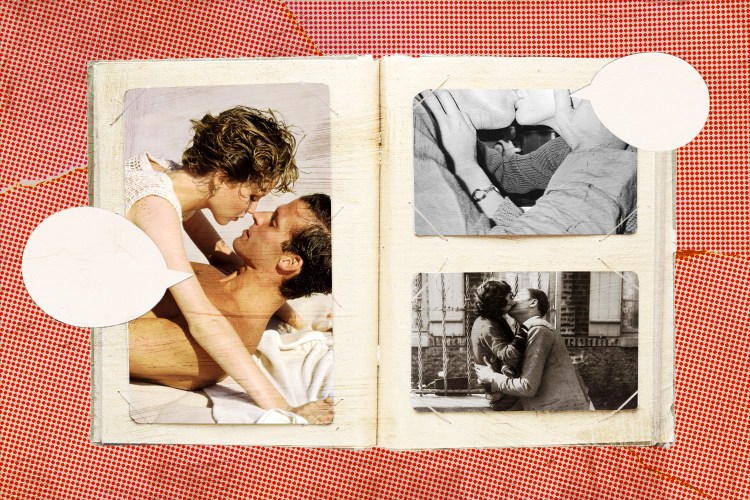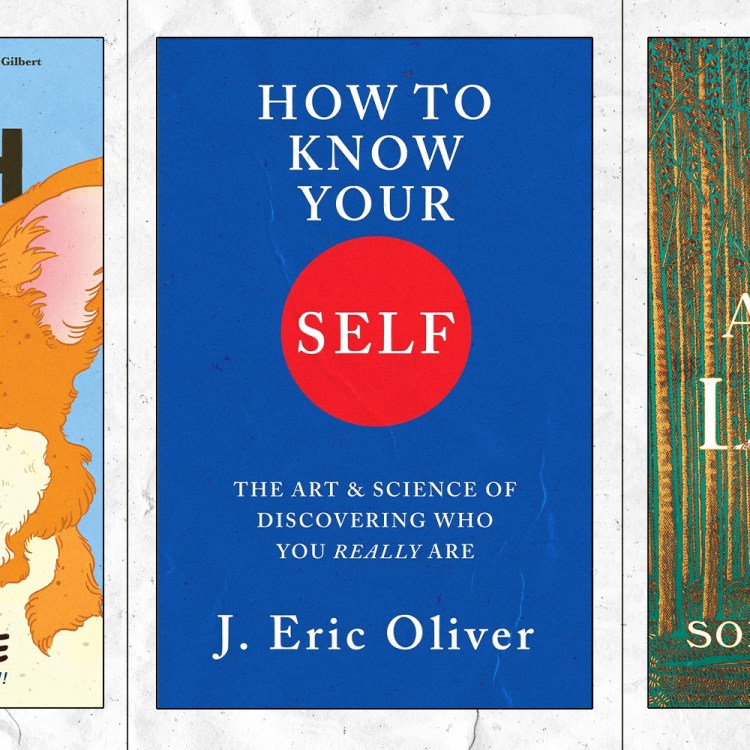For millennials of a certain age, there’s nothing more synonymous with internet culture than MySpace. Especially if you were a music nerd in the early aughts, MySpace was a place to declare your allegiance to particular underground bands — who were likely connected to the “emo” scene in some way, shape or form — and scour the social network for new songs to love, bands to follow and potential crushes who were equally well-versed in the ways of indie music devotion.
But just as quickly as MySpace arrived, carving out a place in internet music culture that actually felt authentic and user-created, corporate forces stepped in and brought it all crashing back down. So what happened? How did one of the earliest social networks become a shell of its former self so fast? This fascinating rise-and-fall saga is the subject of veteran music journalist Michael Tedder’s first book, Top Eight, which examines how MySpace changed the music industry, with particular attention paid to the site’s connection with the rise of emo.
Tedder has been writing about music in some capacity for most of his life, with bylines in places like Esquire, Stereogum, Variety, GQ, and a gig as the former managing editor of Paper, so he’s well-equipped to provide the cultural analysis that the phenomena that was MySpace deserves. (And, full disclosure, Tedder also contributes to InsideHook on occasion, which is how we know firsthand the caliber of his work.)
Half written-through narrative and half oral history, Top Eight also draws on the life experiences of musicians like Geoff Rickly (Thursday) and Chris Carrabba (Dashboard Confessional), two of the biggest artists of the era who were impacted by the platform, as well as someone like Nate Henry, a member of a band named Sherwood, who never quite made it big. And as much as the book tells the story of an internet past, it’s also informed by Tedder’s hope that by learning from the past, we can still reclaim the current social media hellscape.
“Even by 2020 it felt like social media and the internet was increasingly corporatized and frustrating to use,” Tedder tells InsideHook. “It just wasn’t as fun as it used to be. I wanted to tell the story of why the internet felt like it was such a place full of promise, how it ended up the way that it is, and offer a roadmap to how we can get back to a healthier, fun online experience.”
Below are a few more of Tedder’s thoughts on the book, which is out now via the Chicago Review Press.
InsideHook: How’d you get interested in writing a book about the rise and fall of MySpace?
Michael Tedder: Well, the pandemic hit, and I really wanted to find something to do with my time. I hate to bring up the whole meme of “Shakespeare wrote King Lear in quarantine, what are you going to do?” but I found myself with a fair amount of downtime, and I didn’t want to spend the years doing nothing.. I had some materials from a Stereogum article I’d done about the rise and fall in MySpace, and I had a lot leftover from the article. I thought, “Okay, well, I might be halfway to a book,” and turns out, I was not anywhere near halfway to a book. [Laughs] That was an overestimation on my part. But it was enough to get started. I put together a pitch and it was off to the races by the end of the year.
What was your personal experience with MySpace like?
I was on Friendster when that launched, but some young lady I knew said “no one’s on Friendster anymore, we’re on MySpace.” So I joined MysSace, I believe I joined in early 2004. I instantly realized it was a lot more fun; it felt a lot more wild and free. If you were friends with someone, you could go to their Top Eight and be like “Oh, ok, this person seems cool,” or “Oh, she’s cute,” or “Ok, I like The Strokes, but I haven’t heard of Secret Machines, maybe they’re cool.” Like, “I like Death Cab, I haven’t heard The Decemberists, I’ll check them out.” You could go down a rabbit hole to find new people or bands.
Dashboard Confessional’s Chris Carrabba Looks Back on “The Places You Have Come to Fear the Most”
Twenty years later, Carrabba reflects on his band’s breakthrough album, a recent near-death experience and the golden age of emoDid you already have a sense of the connection between emo and MySpace when you began reporting the book?
The point I made in the book is if MySpace hadn’t existed, hip-hop would’ve continued to be big. If MySpace didn’t exist, Katy Perry would’ve eventually gotten a record deal, had hit songs, etc. MySpace helped these things, but they would’ve been fine. I do believe that MySpace and the emo subculture really found each other. The connection made both emo and social media bigger than they would’ve been if either half of that equation wasn’t around. Because emo was all about personal connection, finding your community, and let’s be honest, messy oversharing — which is also what social media is fueled by. So they were a perfect pair.
Who would enjoy reading this book? Who would you say this book appeals to?
It probably would be music nerds. But anyone who is just into aughts culture in general, who wants to understand how it was. It’s fascinating to me that MySpace and The OC started in the same week. I don’t want to say that’s when the aughts began, because the aughts had already been kicking, but the entire culture entered into a different era at that time. Ultimately MySpace was a rise and fall saga, and everyone enjoys a rise and fall saga. If you like a good rise and fall story, if you’re interested in aughts culture, and if you’re interested in the way the internet has changed, you’d enjoy this book.
Order your copy of Top Eight here.
This article appeared in an InsideHook newsletter. Sign up for free to get more on travel, wellness, style, drinking, and culture.
